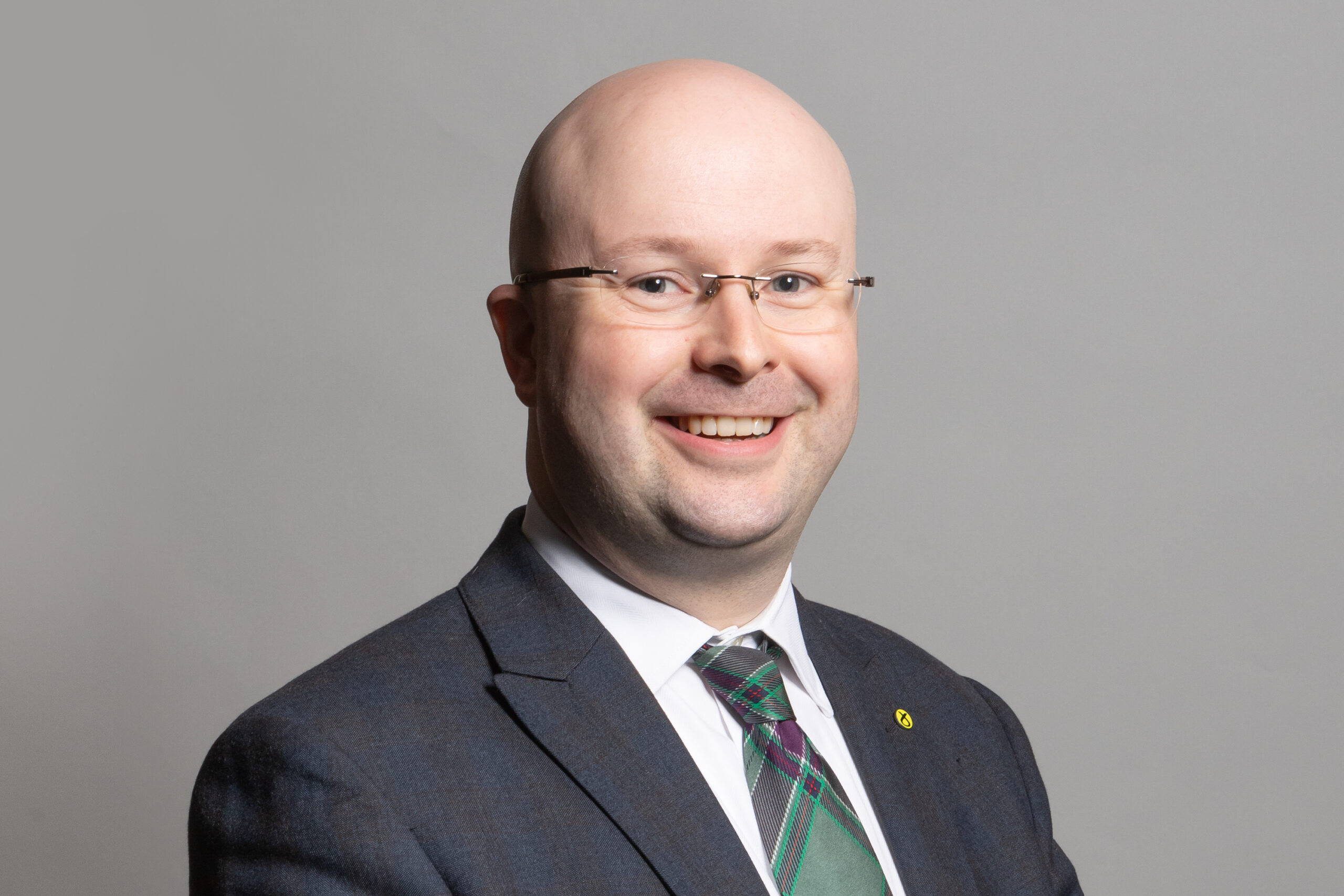The Government has confirmed it will not make arrangements for the Foreign Secretary, Lord Cameron of Chipping Norton, to appear for questioning by MPs in the House of Commons – despite a recommendation from the House’s Procedure Committee for exactly that to happen.
That doesn’t change the reality, however, that the appointment of David Cameron as Foreign Secretary in the House of Lords has both immediate practical consequences for Members of this House, and it raises wider questions about the relationship between the two Houses, the accountability of Ministers more generally, and about the kind of precedent his appointment has set.
There have been three sessions of FCDO Questions and several Urgent Questions and Oral Statements in the Commons since his appointment. As each session passes, frustration of MPs increases, and the absurdity of the situation becomes clearer.
We are living through times of significant global turmoil, perhaps some of the biggest threats to the established rules-based order of peace and security since the Second World War. Yet there is no guaranteed or permanent mechanism for members of the Commons to directly question and scrutinise the work of the Government’s chief diplomat, roving ambassador on the world stage, and voice in corridors of foreign powers, His Majesty’s Secretary of State for Foreign, Commonwealth and Development Affairs.
While Andrew Mitchell has recently been appointed as Deputy Foreign Secretary, something of an innovation in itself, no matter how deftly and effectively he can work, and no matter how capable any of the other FCDO Ministers are, none of them can truly answer on behalf of the Foreign Secretary for the simple reason that they are not the Foreign Secretary. Very often they won’t have been in the meetings that he has been in, been on the trips that he has been on, attended the summits that he has attended. So all their answers, all their responses to questions or positions outlined in statements, are second hand.
The Procedure Committee considered a range of options and possibilities for enhanced scrutiny of Lords Ministers, and particularly the Secretary of State. It looked at previous suggestions of holding question sessions in Westminster Hall or one of the larger Committee Rooms, or convening a special Grand Committee either here in the Chamber or elsewhere. It came to the conclusion that the simplest and most straightforward way to scrutinise the Foreign Secretary would be to have him appear in the Chamber, during departmental questions, and indeed for any relevant UQs or Statements, and answer questions from the Bar of the House.
Ultimately whether or not the Foreign Secretary does come to answer questions in the House is for the Government to decide. The Government can make it happen, or the Government can choose not to make it happen. By choosing not to make it happen, it is sending a message about exactly what kind of regard it holds for this House, the mandate we have from our constituents, and therefore for our constituents themselves.
The established principle in this Parliament and in the devolved institutions is that the Executive is drawn from, and accountable to, and through, the legislature. There are plenty of examples around the world where members of the Executive – ministers or secretaries of state – are not drawn from the legislature. In Scotland’s Parliament, the appointment of Scottish Government Cabinet Secretaries and Ministers must be agreed to by the Parliament before they approved by the King.
This process for approval of Ministers by a vote of the legislature could quite easily be adopted in this Parliament. In some respects, it ought to be a formality, because the Government should be able to command a majority that accepts the Prime Minister’s decisions about Ministerial appointments. But at the very least it would allow some public deliberation and some questioning about the wisdom of individual appointments and the relevant experience, suitability, and perhaps outside interests, of Ministers-designate. Such accountability is not something that a Government confident in its decision-making and its command of majority support in this House should be afraid of.
This leads to questions not just about scrutiny of Lords ministers by the Commons, but the role and purpose of a second chamber, the accountability of unelected parliamentarians, the relationship between both houses and the relationship between the legislature and the executive. The challenge here is that meaningful reform of the Lords is not really possible without meaningful reform of the Commons. That would mean the Government, and in particular the Prime Minister, giving up significant powers of patronage, appointment, and executive control. Neither of the main parties, once they have achieved power, want to give that up. The chances of change, then, remain slim, but the consequences for scrutiny are much greater.

Patrick Grady MP
Patrick Grady is the Scottish National Party MP for Glasgow North. He was first elected in 2015.

